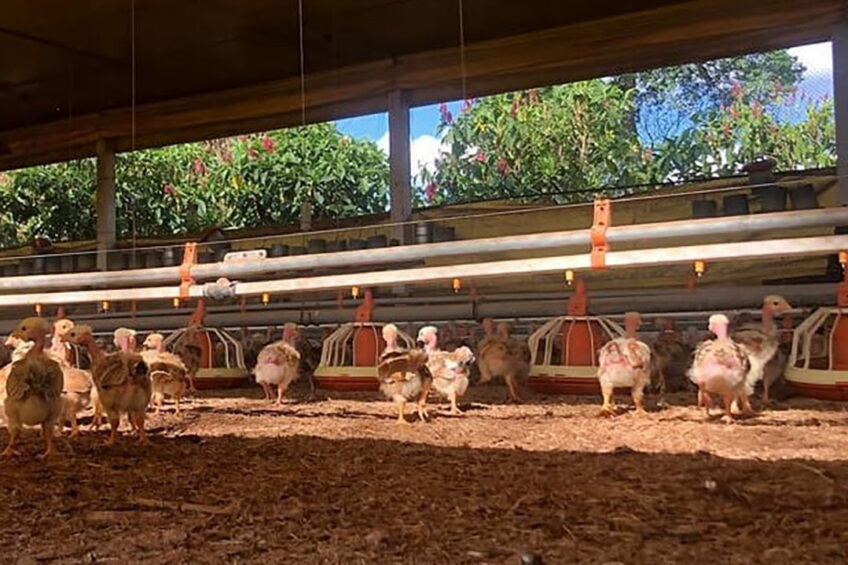Expansion of Brazil’s organic poultry pioneer

Korin in Brazil will invest over €12 million to triple production of broilers and eggs without antibiotics and chemicals.
Brazil’s pioneer of organic poultry, Korin, will invest €12.8 million (R$65 million) to increase and improve its facilities in Ipeúna city, São Paulo state. The company, its beliefs based on ‘natural agriculture’, produces chicken, eggs, honey and beef without antibiotics or pesticides.
Improvements in poultry and egg processing plants
Of this total, €9 million will be invested into a new factory in the second half of 2023 to produce pre-prepared cuts of poultry and beef. The remaining €3.8 million will be aimed at efficiency improvements in poultry and egg processing plants.
Founded in 1994 by the Messianic Church, which still controls Korin, the 100% Brazilian company was created from the idea of the Japanese reverend, Tetsuo Watanabe, to put this concept into practice.
Watanabe, who led the church in Brazil and worldwide, passed away in 2013. Natural agriculture is one of the pillars of Japanese thinker, Mokiti Okada (1882-1955), who founded the World Messianic Church in 1935.
Luiz Demattê, the company’s new president, veterinarian and messianic, explained to Exame magazine, “natural agriculture is a principle of Mokiti Okada doctrine in order to build a world without poverty, disease and conflict.”
According to Japanese religion, natural interaction among soil, plants and animals produces food endowed with vital energy. “This satisfies human being spiritual hunger and makes him more altruistic and capable of building civilization,” explains Demattê.
Covid-19 effect
Demattê says that the pandemic “has been a milestone” for people to seek sustainable, healthier and higher quality food. It is exactly in this vein that Korin plans to advance.
When fully operational, the new factory should practically triple production capacity. Currently, the company produces and processes 23,000 organic broilers and 150,000 eggs per day. This volume is expected to double by the end of 2022 due to efficiency improvements.
Last year, the Korin Alimentos brand generated €40 million of the group’s total revenue of €48 million. In 2 years, when the factory is full operation, the expectation is R$400 million.
The church’s goal is to expand natural agriculture through Korin, to promote examples and innovations. “Thirty years ago, antibiotic-free chicken, a great innovation, was an investment by the church,” he adds.
Korin has a portfolio with more than 240 organic items and plans to launch 35 new products that combine health and practicality, such as organic chicken skewers for the barbecue, for example.
Only grain supply will be sourced from outside the company. Today they have 340 committed producers and 420 employees.













